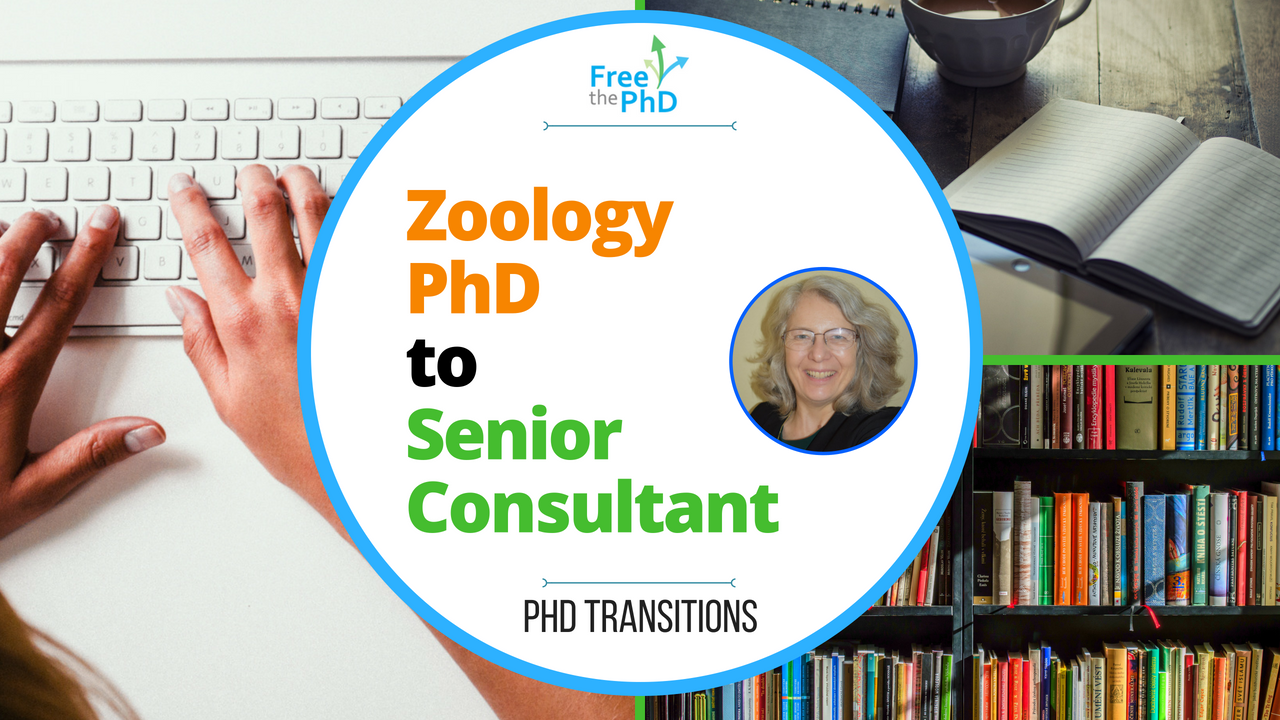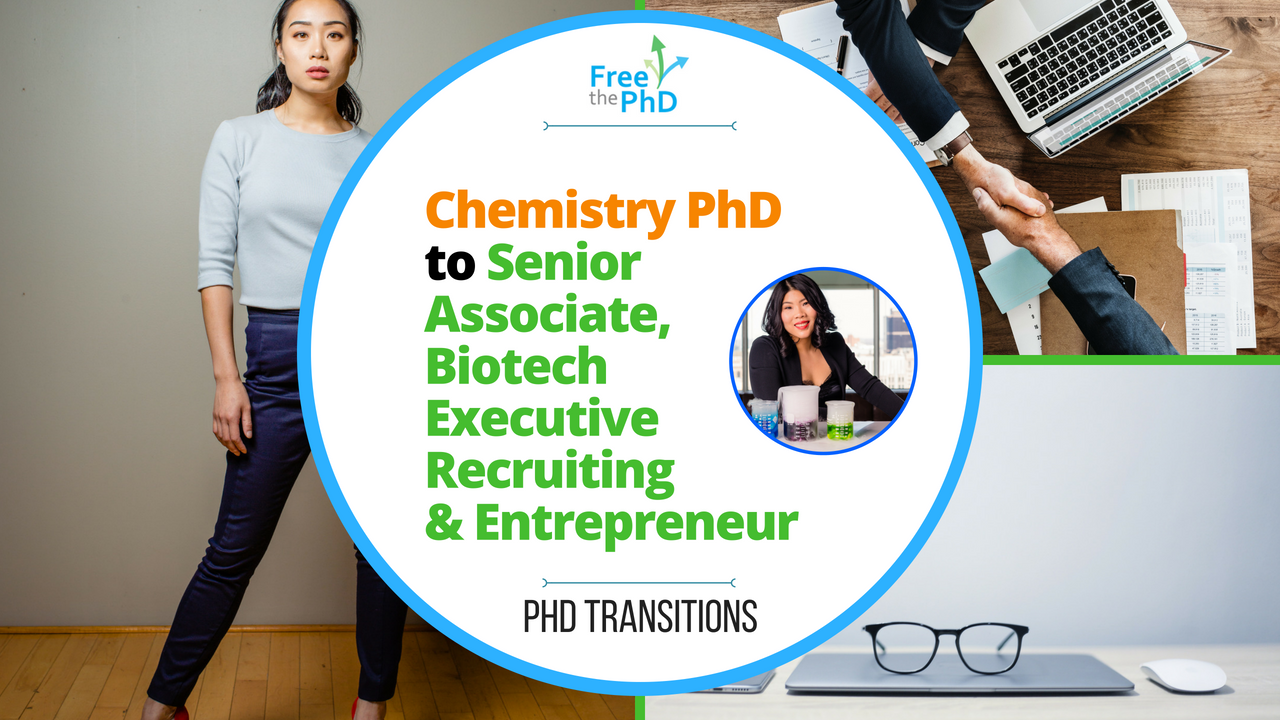Wendy E. Roberts, Ph.D., is a Senior Consultant at Cardno. She has over 15 years of professional experience as an ecologist, studying a diverse range of biological resource issues and managing many different projects in the United States and abroad for various industries. How did she take her love of the outdoors and extensive field experience and apply it to various needs within the business world? Read on to hear her story in her own words!
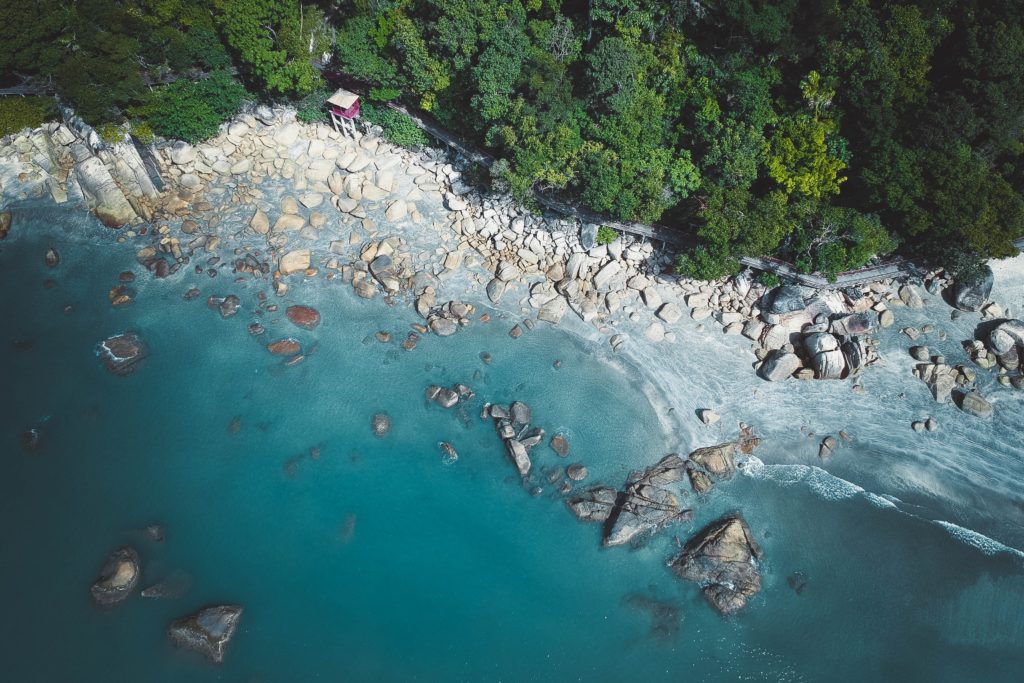
Why I Entered a PhD Program
“I fell in love with biology as a kid, collecting butterflies from early elementary school until well into my teens. While I considered a few other majors as an undergraduate, it was clear that biology classes had the best field trips. I went to college in Massachusetts, took field trips to the Harvard Forest and Cape Cod Seashore, and did a senior project on maple trees. The summer I graduated I worked with an ecology professor at the Rocky Mountain Biological Laboratory outside Crested Butte, CO. I spent the summer studying pollination ecology of wildflowers in beautiful sub-alpine meadows at 11,000 ft elev. Finding my path forward was challenging, but I wound up studying marine mammals at NOAA in Seattle. I was able to spend three summers in Alaska and one summer in the sub-Antarctic Islands of New Zealand studying fur seal and sea lion behavior.
What I Studied During My PhD
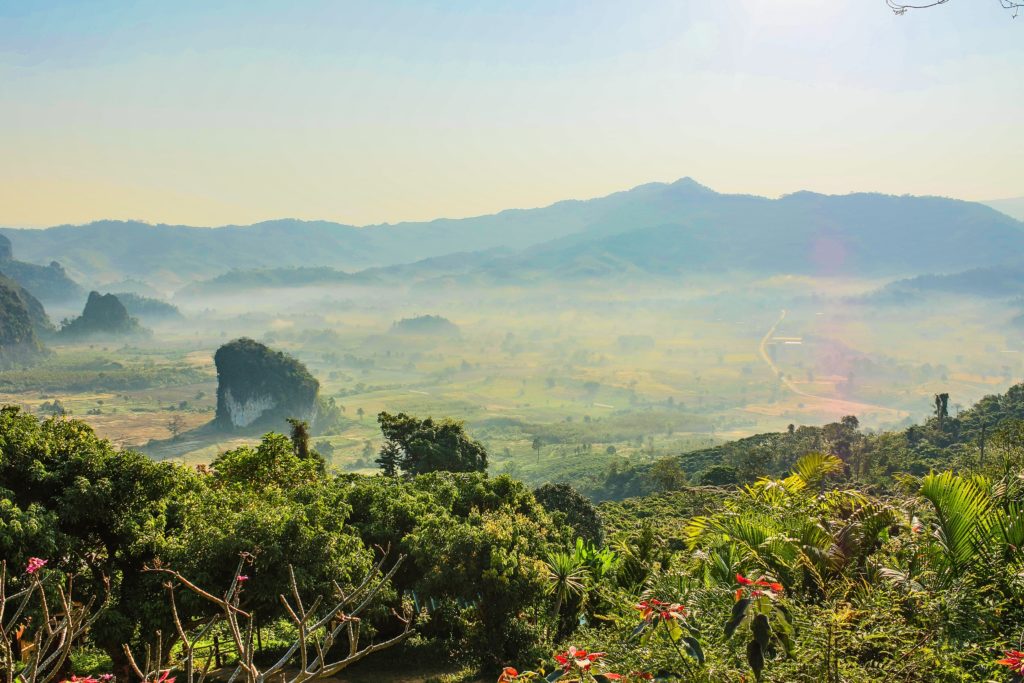
Marine mammals being notoriously large and hard to study, I decided to head for a PhD program and study something smaller. I went to UC Berkeley as a student in the Museum of Vertebrate Zoology, an institution with a strong herpetology group. My first year there I took the Organization for Tropical Studies 8-week course in Costa Rica. I loved the tropics, and for my PhD dissertation studied the ecology of frogs in lowland tropical rainforest.
Next Steps After the PhD
I taught most semesters at Berkeley to support myself. Fortunately, I enjoyed teaching the bright, diverse group of students at Berkeley; but teaching, obtaining my own research funding, completing my course work, and actually doing the research and writing a PhD was a heavy load. The week I finished my PhD I sat down and calculated my return on effort for grant writing to fund 4 field seasons (each several months long) of research. Although I’d raised a fair amount of money, I realized the time I had put into grant writing over five years meant my ROI came in at less than minimum wage. I job hunted and was invited to several interviews for faculty jobs. But I was increasingly aware of penalties for following an academic career, including some that are not frequently highlighted. For instance, you are expected to pursue and be willing to move anywhere in the US (or even internationally) for postdoc and faculty positions. That works for some people, but with spouses or kids in tow, and frequently uncompensated cross-country moves for postdocs, it can be onerous.
Also, I realized I had pursuits I truly adored – such as skiing – that can’t be done just anywhere in the country (Mississippi anyone?) While outdoor sports interests may seem trivial compared to a career, especially one in academia, you have to ask yourself, am I really willing to give that up for most of the rest of my life? I ended up at a postdoc in Montana that worked well for me, but realized I needed to consider alternative career options. The more I considered my options, the more I realized how odd the attitudes in academia seemed. Despite a job market that had been deteriorating for decades, there still seemed to be a stigma attached to doing anything other than an academic career. That stigma doesn’t apply to other professional career paths. For instance, law school (which only takes 3 years!) produces people who feel qualified to go into many endeavors in the business world.
How I Got My Current Job
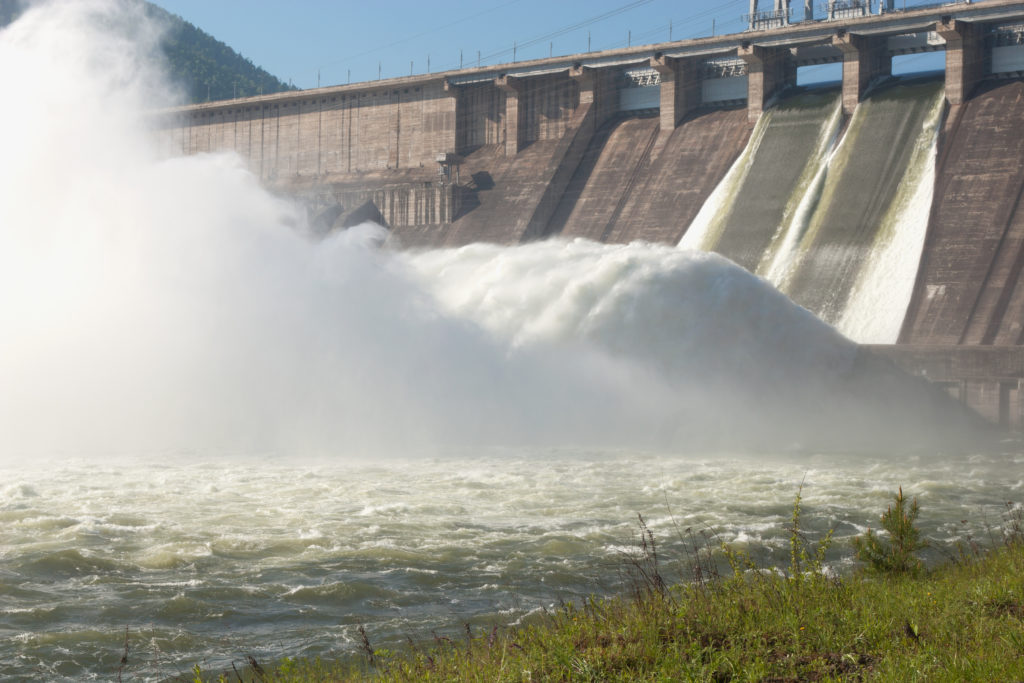
Eventually I found myself back in California for a year due to my husband’s career. A friend from grad school said, “You have a background studying frogs. That’s very marketable right now.” Really?! I thus found myself introduced into the world of consulting and working for utilities on their hydroelectric projects.
These projects need a FERC License from the US government. To obtain these licenses and keep them current, hydroelectric project owners must conduct studies to show that their dams and projects are not violating regulations such as the Endangered Species Act and the Clean Water Act. Frequently, they need to study interactions with Forest Service management practices, and work to accommodate recreational requests such as white water boating, without endangering particular species the Forest Service deems important. I found myself designing studies, analyzing data, and writing reports. I worked with clients, and gradually took on more roles of supervising other studies and mentoring junior staff. These tasks suited me well. In particular, I like the practical application of my knowledge. While I still value basic research a great deal, I work directly in preserving biodiversity, making renewable energy more environmentally friendly, and helping with the management of public lands.
Misconceptions In Academia About the Real World
Some people in academia had given me the impression that it is easy to be compromised working for industry, but that has not been my experience.In fact, a consultant who comes across as favoring industry will quickly lose the trust of public agencies and environmental groups and find their job more difficult. Keeping hold of one’s critical faculties and common sense when evaluating scientific information, and only agreeing to decisions you find reasonable, is always beneficial in the long run. And sure, sometimes I still work 14 hr. days, or have weeks with grueling workloads. But with careful planning and management, and skills taught and valued in the business world, you can usually manage a workload at a relatively sane level. I have no regrets regarding transitioning out of academia into a career path well suited for my skills.
By Vay Cao, Ph.D.
Want to share your PhD transition story? Please Contact Us! Looking to Free your PhD and land a job you’re passionate about? Sign up for our PhD Updates Email List Newsletter, and when you’re ready, join the Ultimate Career Transformation for Scientists Program for behind the scenes details on transitions and the only step by step, guided job hunt protocol you need to succeed!

